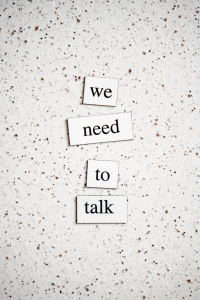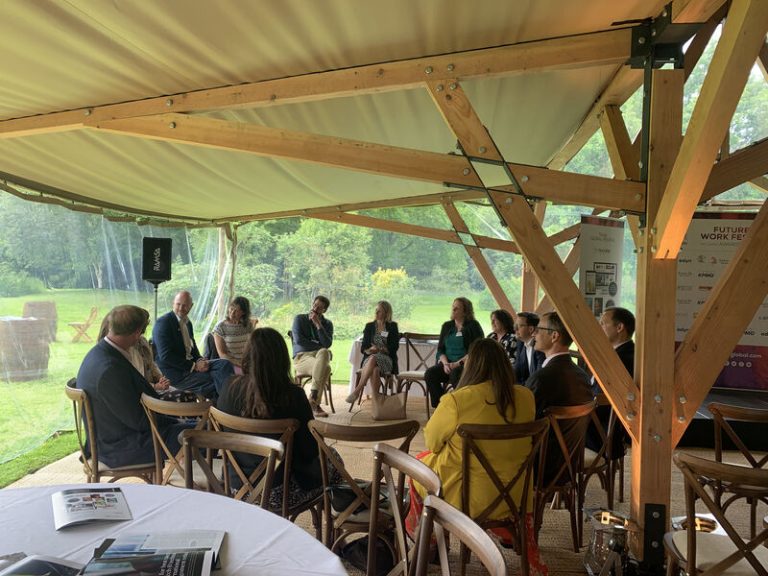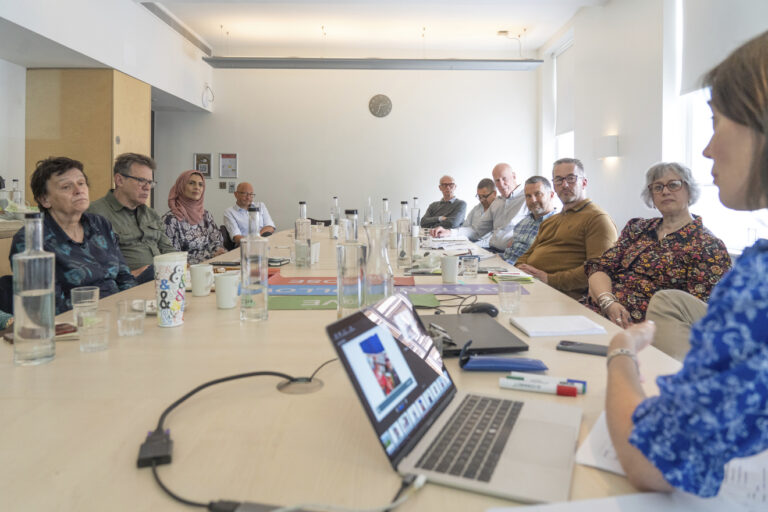
To live is to be related. Nothing and no one can live in isolation.
We are all interdependent, and increasingly so, on this planet of nearly seven billion of us. If, as the population forecasts predict, we double in number to 15 billion by 2100, the need to talk and get along with each other will become even more pressing.
The human challenges we already face, individually and collectively, are unprecedented. War rages on in many corners of the world where individual’s dreams, family life and national stability are blown to pieces. In my travels with work around the world, I’ve been disturbed by how much disintegration and destruction there is, socially, environmentally and politically.
Here in the UK, levels of anxiety and loneliness are reaching an all time high. A recent report by the Mental Health Foundation found 1 in 10 in Britain are lonely. The proportion among the young is higher and rising. Many old people report that the TV is their best friend. A 2012 survey by Macmillan Cancer Support found that the average 18-35 year old has 237 friends on Facebook. When asked, however, how many they could rely on in a crisis, the average answer was two. A quarter said one. An eighth said none.
We need to talk
The problems of our world are not new. They are, at root, the problems of us in relationship. Or, better said, the problems of us in the absence of relationship. We cannot bomb our way to peace and prosperity. We are deluded if we think that we will achieve long term quiet by blowing airplanes out of skies. We will not solve our problems, whether nation-to-nation, family-to-family or team-to-team, through the indiscriminate use of power, force and technology. Our inability to talk together extends to become a world problem.
How often have you read newspaper headlines saying that peace talks have broken down? Or that a merger has failed as the CEOs have not been able to bridge their differences? Perhaps in your own family, team or organisation, there’s been a breakdown in communication? Our interactions often fall short of their true potential.
The good news, however, is that we can learn to relate and communicate more effectively. Having a productive dialogue is within reach of us all. Here are a few observations I’ve made about what helps when we need to talk:
- Each person who’s present participates.
- People are encouraged to say what’s true for them.
- Everyone is listened to.
- People talk about what really matters.
- No one tries to control where the conversation goes.
- People respect each other’s differences.
- The sense of potential is greater than the need to be right.
A real conversation opens up new possibilities. By talking with one another, we can arrive at an answer we never anticipated, resolve a situation that’s got stuck and decide on a new direction. When we do find a way to talk, we bring hope that another way is possible.






